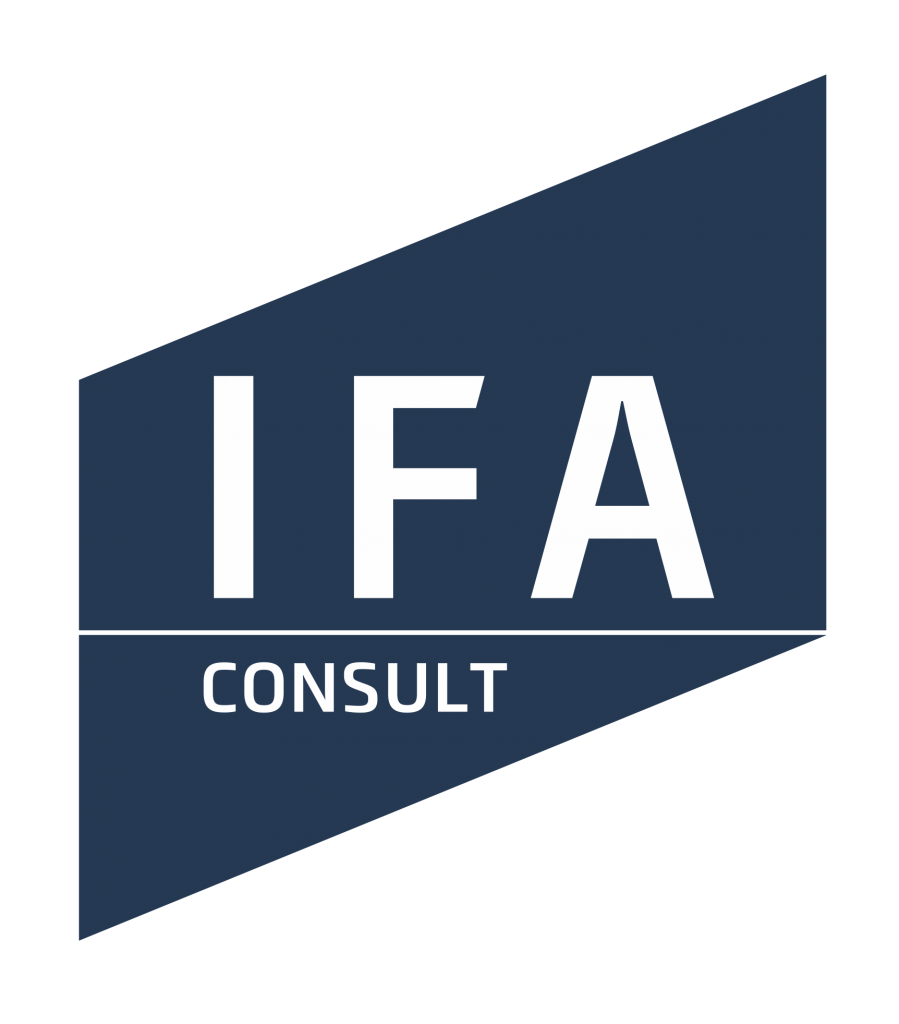Company registration in South Africa | |||||||
|---|---|---|---|---|---|---|---|
| Name of service | Package Economy | Package Standard | Package Full | Package Plus | Package Exclusive | ||
| Company registration | + | + | + | + | + | ||
| Registration certificate | + | + | + | + | + | ||
| Registration of directors and shareholders | + | + | + | + | + | ||
| Share certificate | + | + | + | + | + | ||
| Registered office and agent | + | + | + | + | + | ||
| Stamp of the company | + | + | + | + | + | ||
| Apostille of documents | – | + | + | + | + | ||
| Nominee director for 1 year | – | – | + | + | + | ||
| Nominee shareholder for 1 year | – | – | + | + | + | ||
| Issue of The Power of Attorney to one person | – | – | + | + | + | ||
| Corporate Account in Rietumu bank | – | – | – | + | + | ||
| Personal account in Latvian bank | – | – | – | – | + | ||
| Total cost | 1628 EUR | 1893 EUR | 2335 EUR | 2335 EUR | 2335 EUR | ||
| Annual service fee | 1628 EUR | 1249 EUR | 1673 EUR | 1673 EUR | 1673 EUR | ||
Order | Order | Order | Order | Order | |||
General information
Republic of South Africa is the southern African country. A special feature of the state is the
largest proportion of white and Asian population in Africa. The republic is rich in natural
resources, has a fairly stable and growing economy, and is the only African country represented
in the G20. The territory of the present Republic of South Africa was first colonized in the mid-
17 th century by the Dutch. In the 18 th century as a result of colonial wars territory came under the
control of the British, by whom it is formally controlled until 1961, when the republic declared
its independence and left the British Commonwealth.
One of the major turning points in the history of the Republic of South Africa can be regarded as
coming to power of the National Party in 1948, which has become a symbol of apartheid and
oppression of black people in the country. End of era is associated with the names of Nelson
Mandela and President Frederik de Klerk. Although the overall situation of oppression, life level
of black people remained at a high standard relatively to other African countries, undertaken
measures in the last 20 years began a gradual correction of the situation and have given impetus
to economic growth.
The most common business entities
The most convenient forms of company for international business are:
Public company (PLC), private company (PC) and, in some cases, an international holding
company (IHC)
Registered capital
The authorized capital for a public company is set at 100 thousand rand. The company may
begin commercial activities after pay up of the capital.
The main requirements to the directors and shareholders
There are no restrictions on the legal form and \ or the nationality of directors. PLC must have at
least two directors. Shareholders do not have any restrictions. If among the directors are non-
residents, a “public official” must be assigned who is South African resident.
Disclosure of the company’s beneficial to the government bodies
Information on the beneficiaries is not disclosed.
Taxation
The standard rate of income tax for companies in Republic South Africa is 29%. The audit is
required in case of excess of income over a certain amount. Even if the company does business
outside South Africa, filing a tax return is obligatory.
Accountancy
The company must keep accounting records and store them in registered office of the Company.
Report must be filled in annually.
